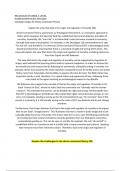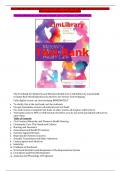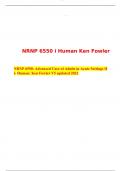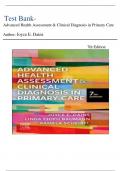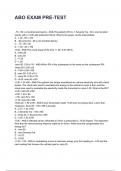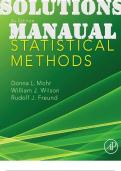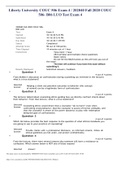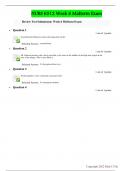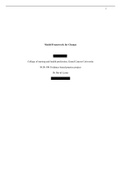Essay
A* exemplar model essays Theme 1 A level Ethics (Wjec Eduqas Exam board), includes DCT, Virtue theory and Ethical Egoism
- Institution
- PEARSON (PEARSON)
model answers and essays which are well structured and marked by teachers. It includes Divine Command Theory, with reference to many philosophers such as Aquinas and Augustine of Hippo. There are explain essays, challanges to essays and more. These essays were written by an A* student, here to hel...
[Show more]
